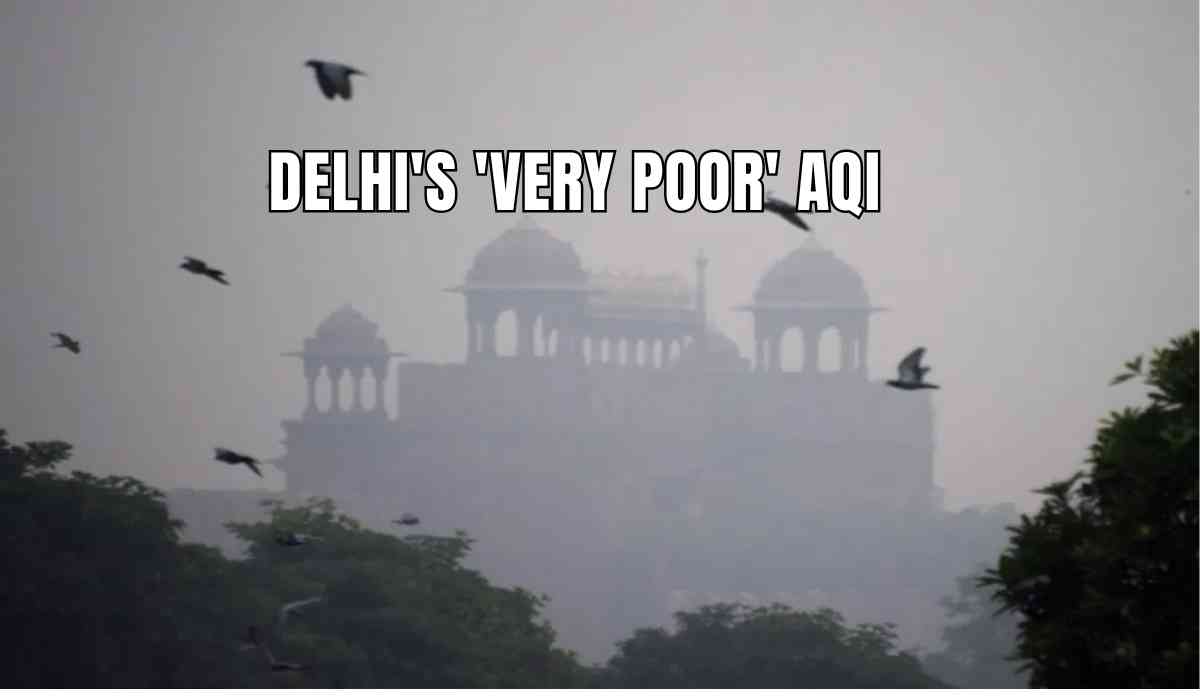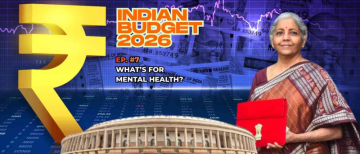Delhi’s air quality has plunged to 'very poor' and even 'severe' levels which is a worrying situation for public health but no one cares about it nor the government neither the people who are responsible for it. The Air Quality Index (AQI) surged to 382 on Sunday, one of the highest recorded in nearly a year. According to the Central Pollution Control Board, eleven of Delhi’s 39 air monitoring stations reported AQI above 400 indicating 'severe' air pollution. Areas like Anand Vihar, Ashok Vihar, and Vivek Vihar reported AQI levels exceeding 400, which are dangerous for human health.
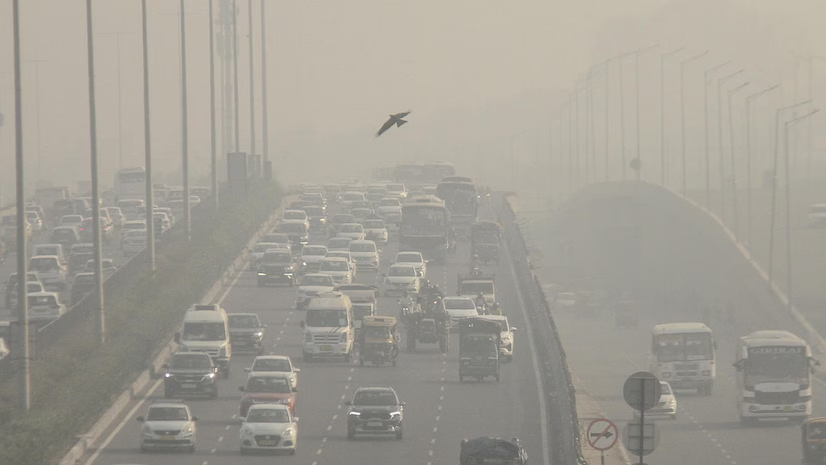
Pollution’s Toll on Public Health
The rising pollution in Delhi places an enormous health burden on residents, particularly those with existing respiratory issues. Health experts warn that inhaling high levels of PM2.5 pollutants can lead to respiratory infections like pneumonia and bronchitis which can worsen asthma conditions. Delhi NCR people are already suffering from Eye irritation, coughing, sneezing, runny nose, wheezing, difficulty breathing, sore throat, chest tightness, shortness of breath and many more. This severe level of pollution had made peoples life difficult and the citizens are forced to live in gas chambers. Dr. Anil Goyal, a former president of the Indian Medical Association, emphasized that severe pollution not only impacts the lungs but also damages other organs over time.
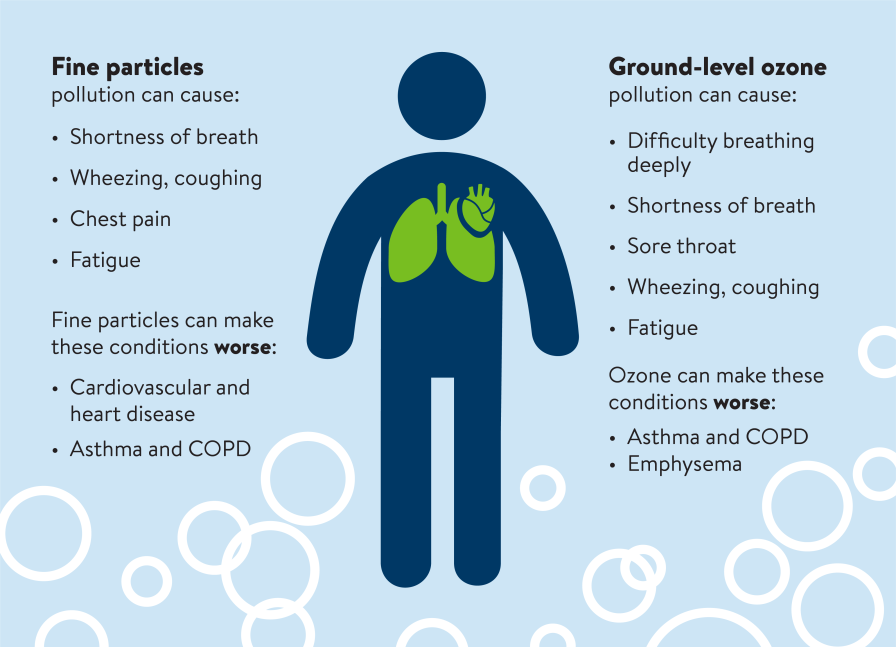
Court Steps In, But Are People Listening?
After the open flouting of the ban on firecrackers during Diwali, the Supreme Court today ordered the Delhi Police Commissioner to explain why the ban was not enforced. Despite the health dangers posed by toxic air, the widespread disregard for the court's orders raises questions about the officials commitment and citizens duty towards protecting public health.
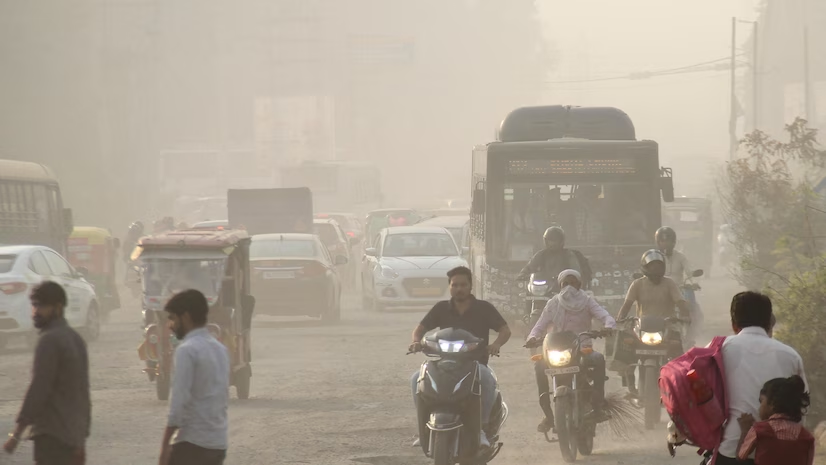
Delhi’s dangerously high pollution levels serve as a stark reminder of the collective responsibility required to ensure cleaner air. Each year, post-Diwali pollution spikes demonstrate that many people remain indifferent to the impact of their actions on public health. Delhi’s 'very poor' AQI stands as a sobering symbol of this environmental apathy, making it clear that effective change is urgently needed.
Inputs by Agencies
Image Source: Multiple Agencies
Ⓒ Copyright 2024. All Rights Reserved Powered by Vygr Media.

